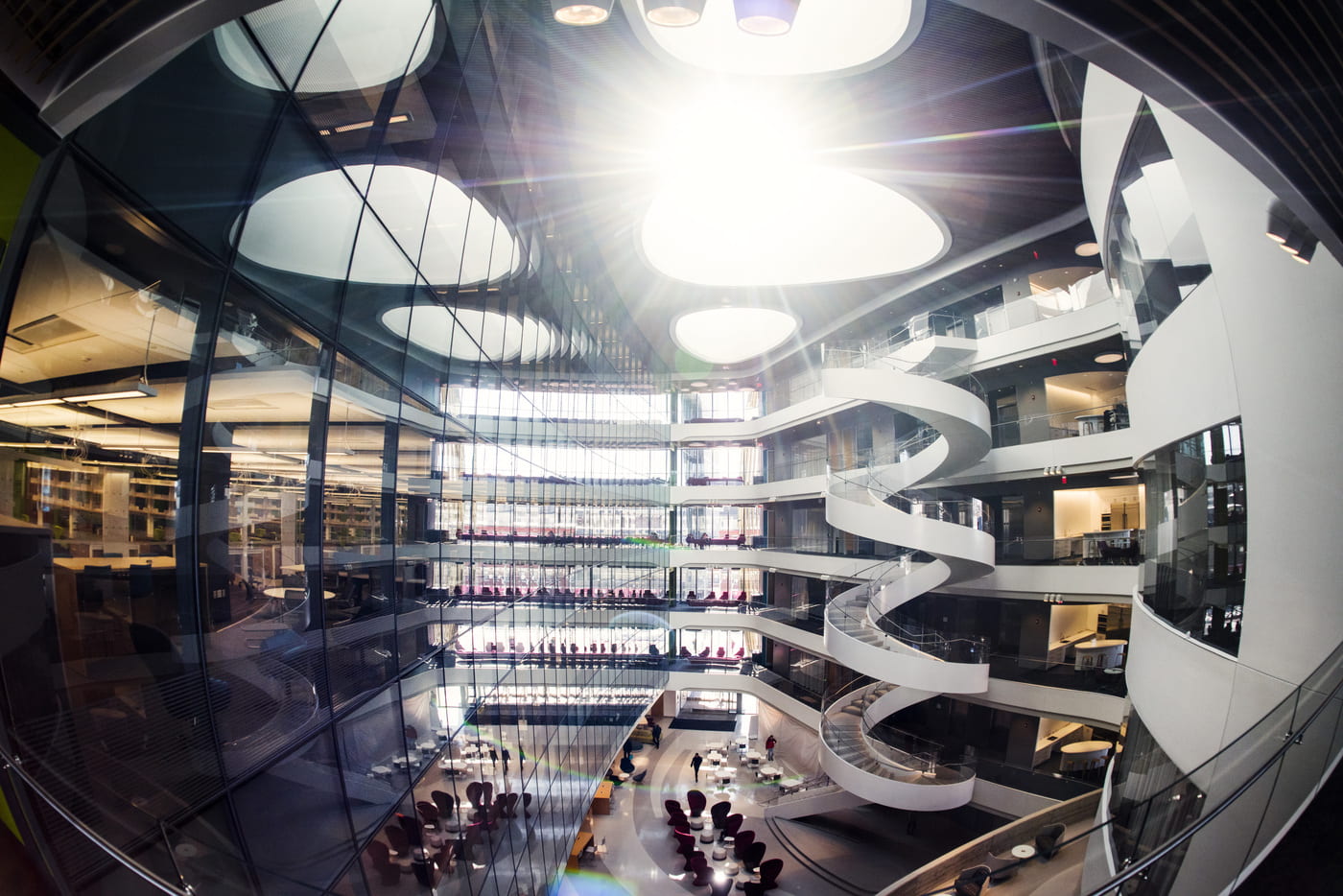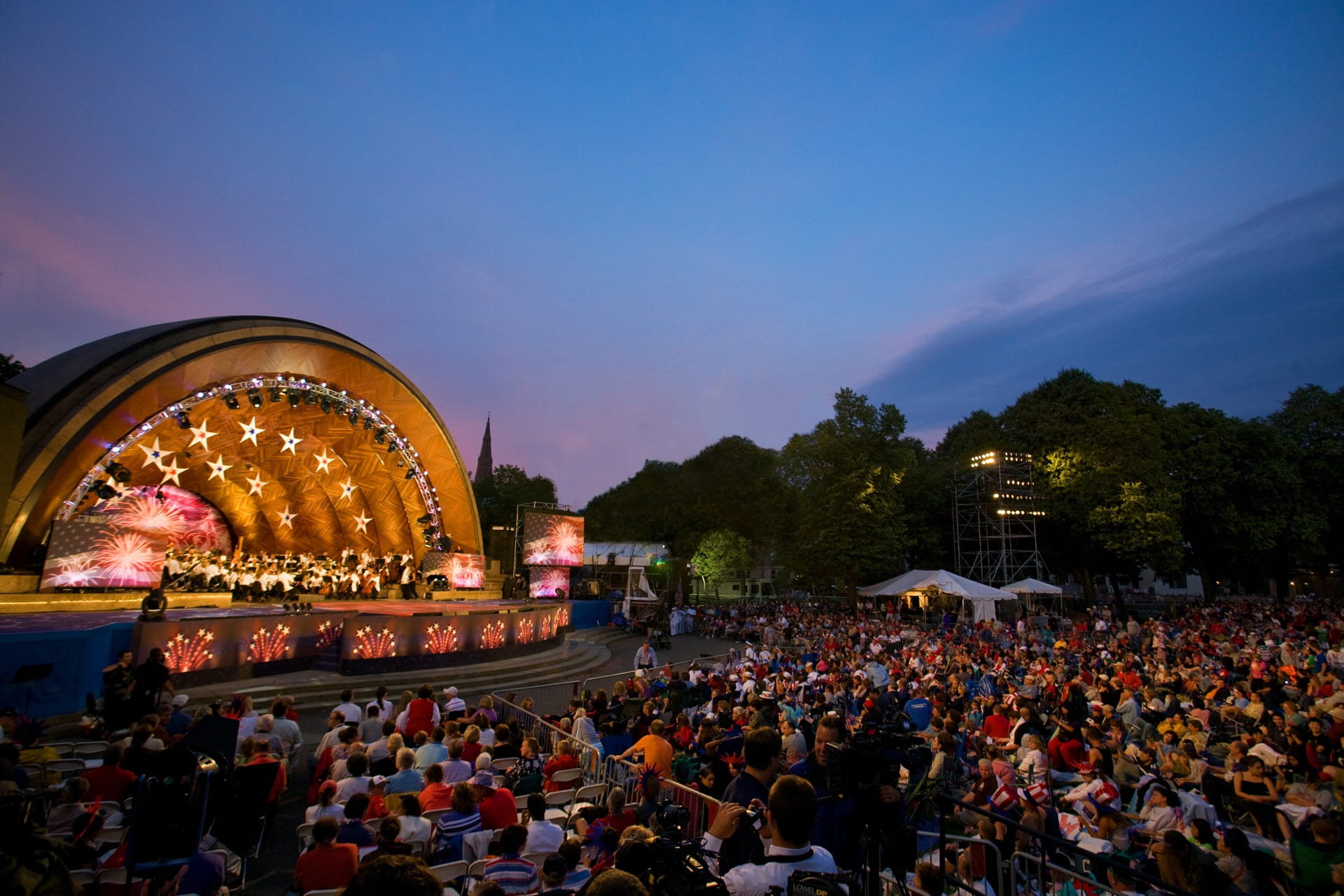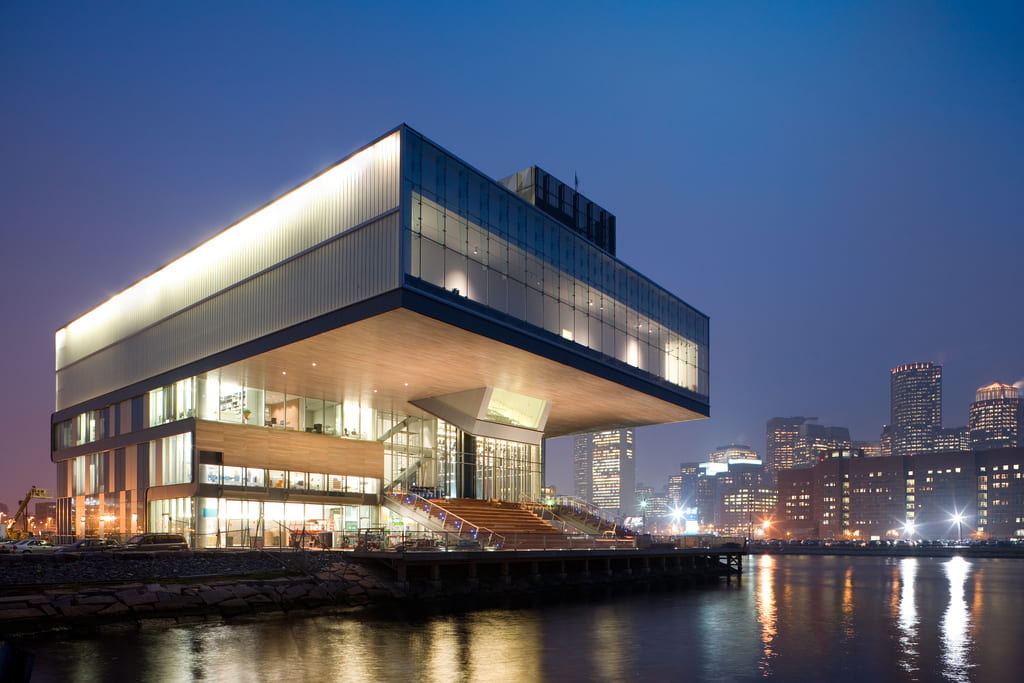JOIN US
Research in the heart of boston
The Subjectivity Lab is not currently recruiting new members. Of course, we are always interested in hearing from talented and enthusiastic prospective lab members even when we are not actively seeking them (e.g., visitors from any discipline). Feel free to send Jorge a note if you’re interested in joining our group!
See below for more information.
Other Visitors
We are also happy to consider other types of visitors to the lab. For example, we may be able to host short-term (a few months) or long-term (e.g., 1 year) visits. Though we do not currently have funding for such positions, visitors of this sort can often become official members of our department during their visits and offer you a desk in our lab. If you’re interested to conduct empirical research, we may even be able to fund your work (e.g., the costs associated with subjects and equipment).
People in the Boston area who want to join our lab meetings are also welcome. Visitors may also come from areas other than psychology and neuroscience. We would love to have an in-house philosopher, computer scientist, artist, etc.!
If this kind of visit sounds right to you, please feel free to send Jorge a note!















